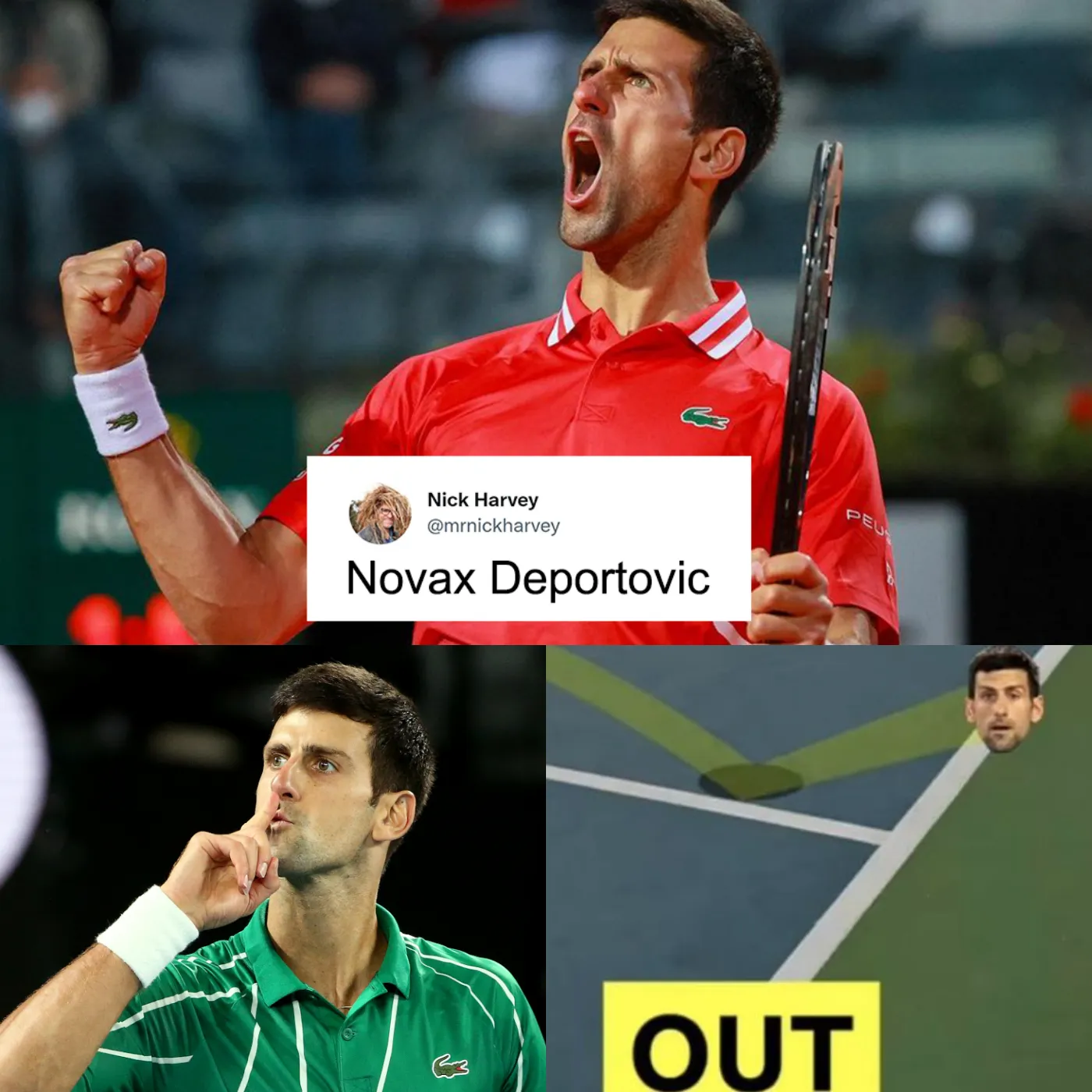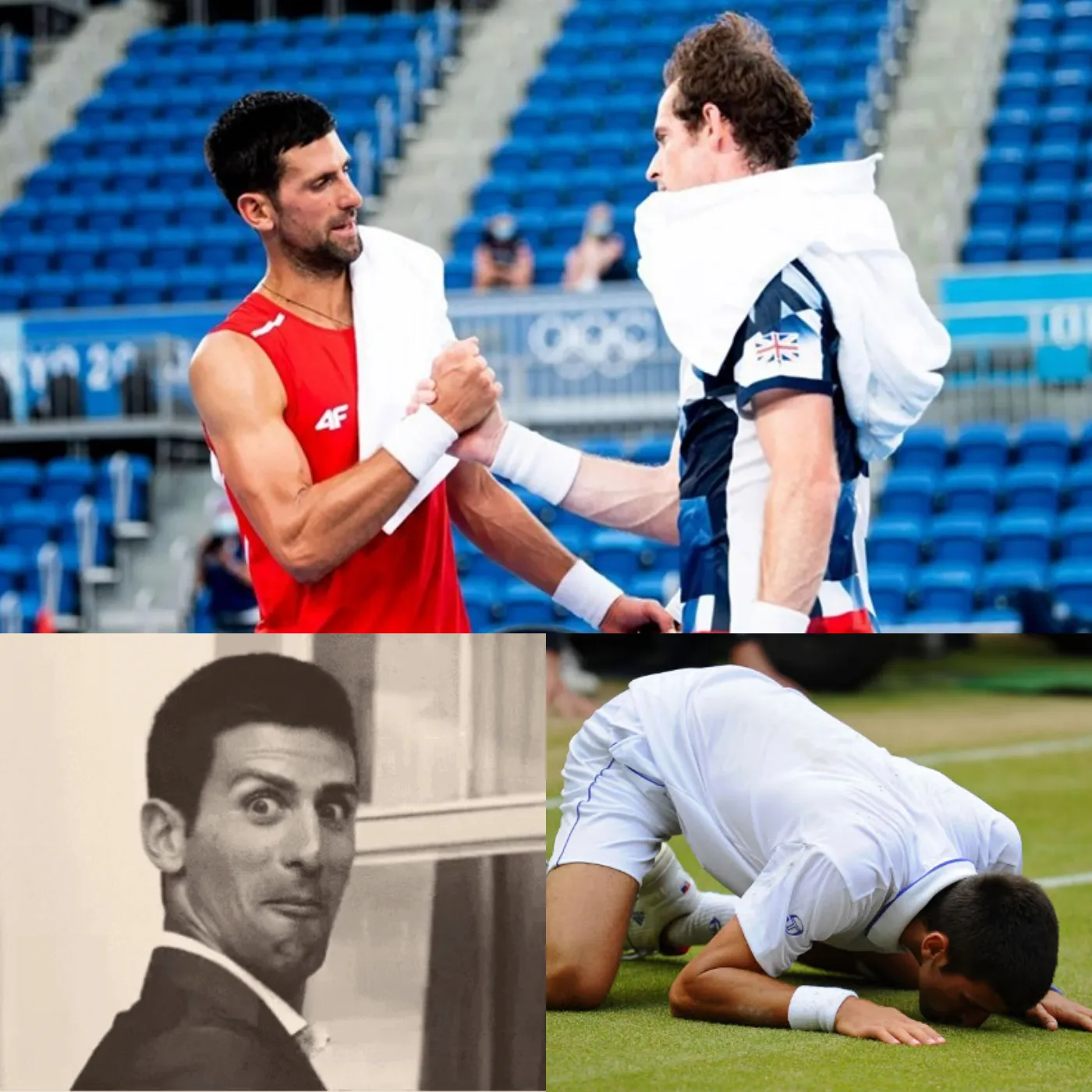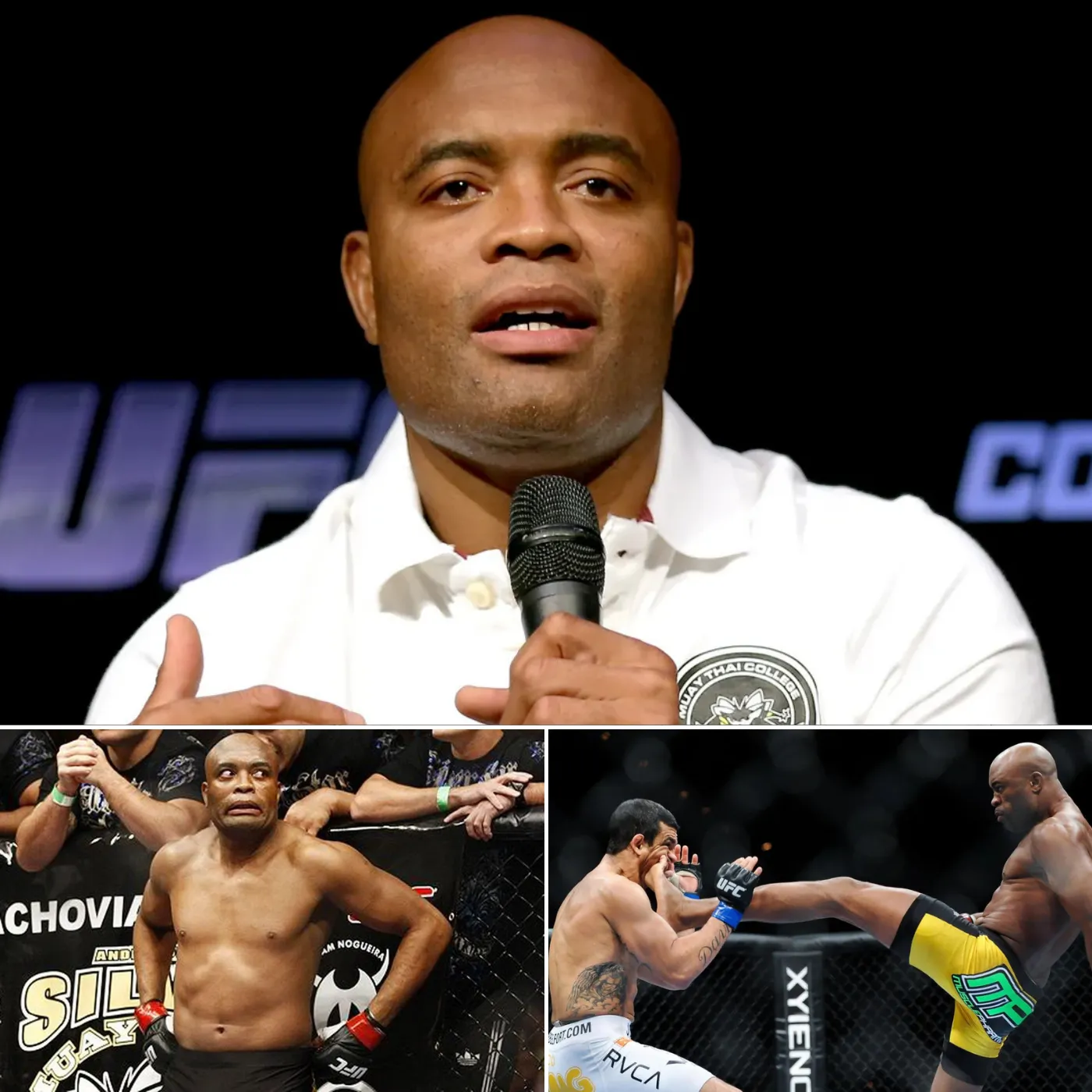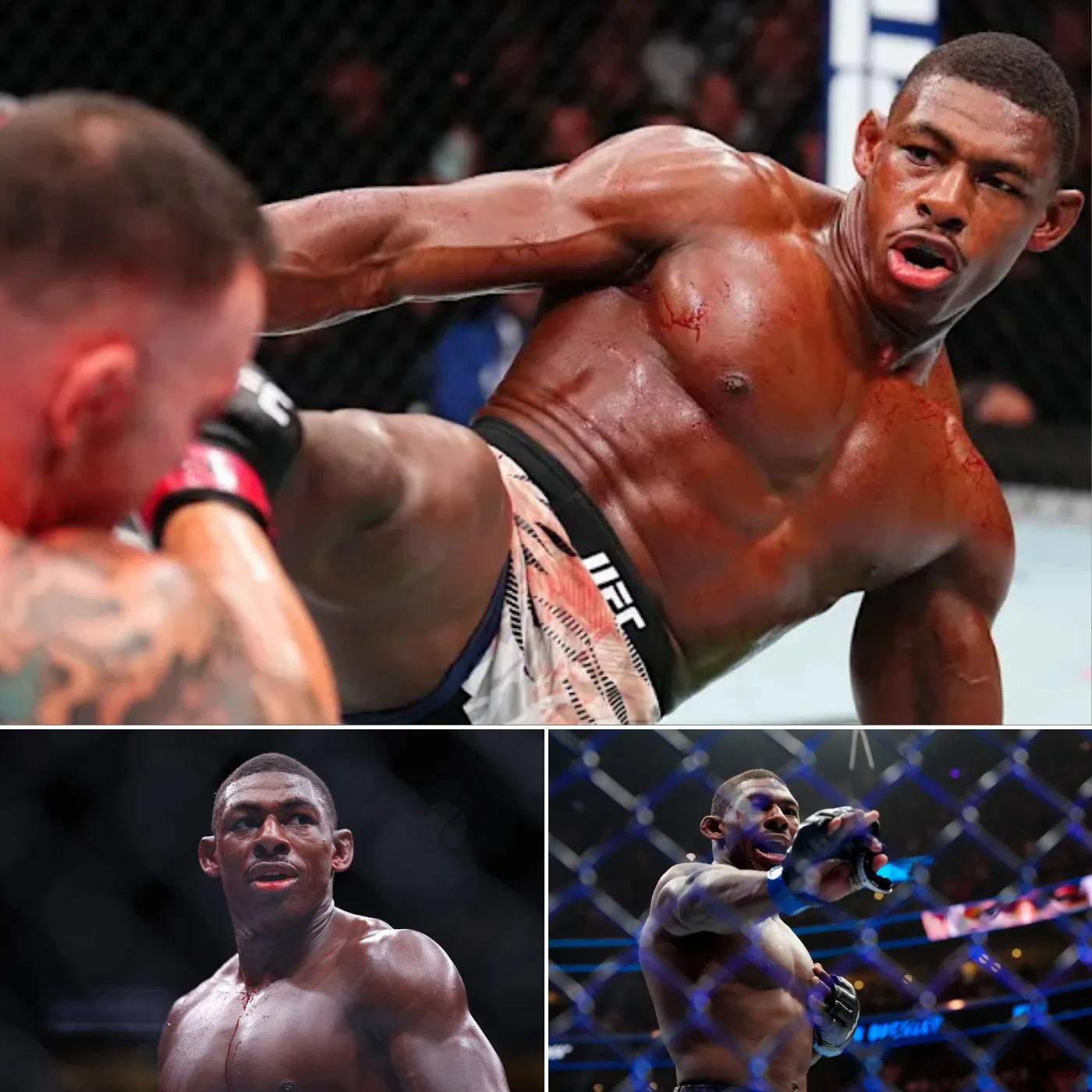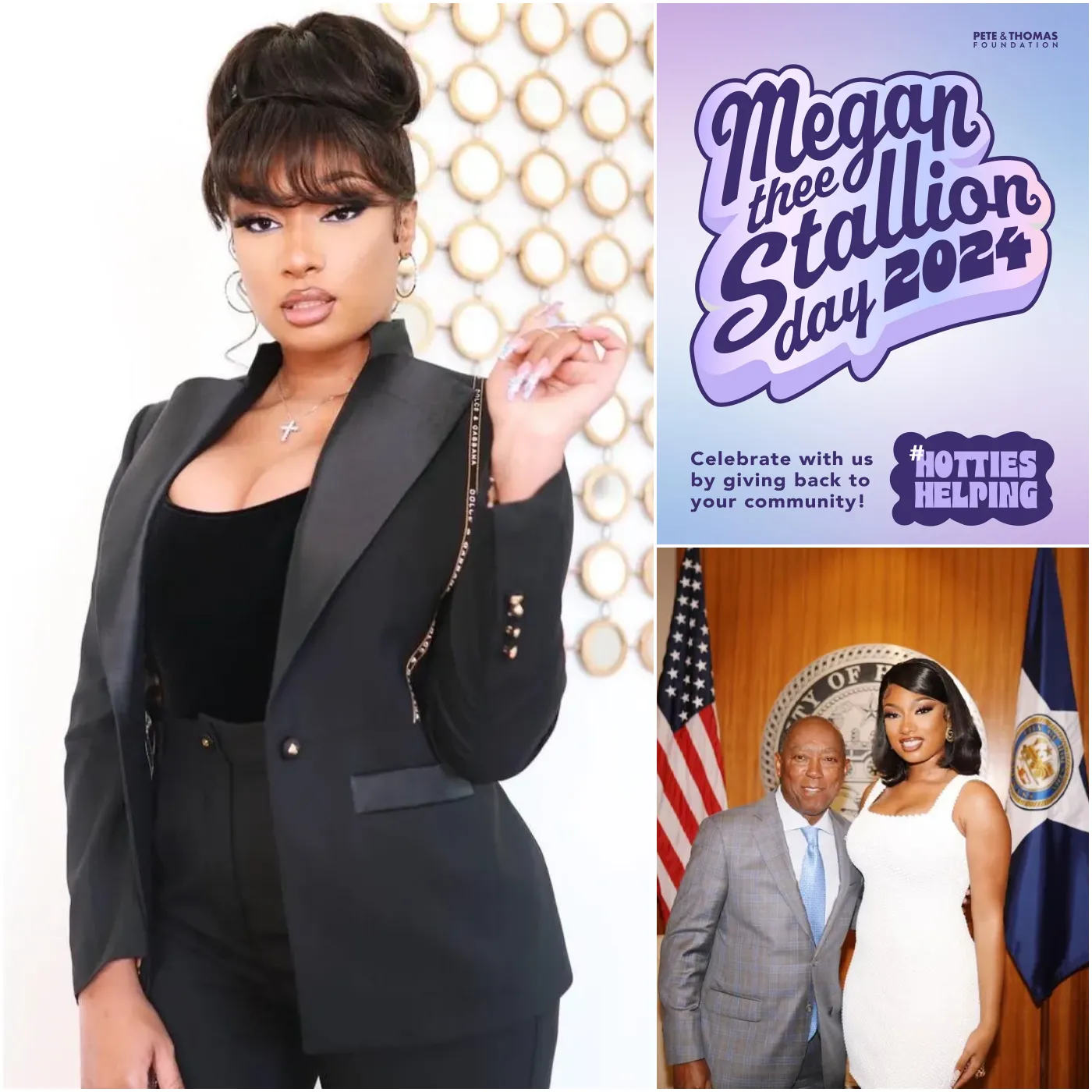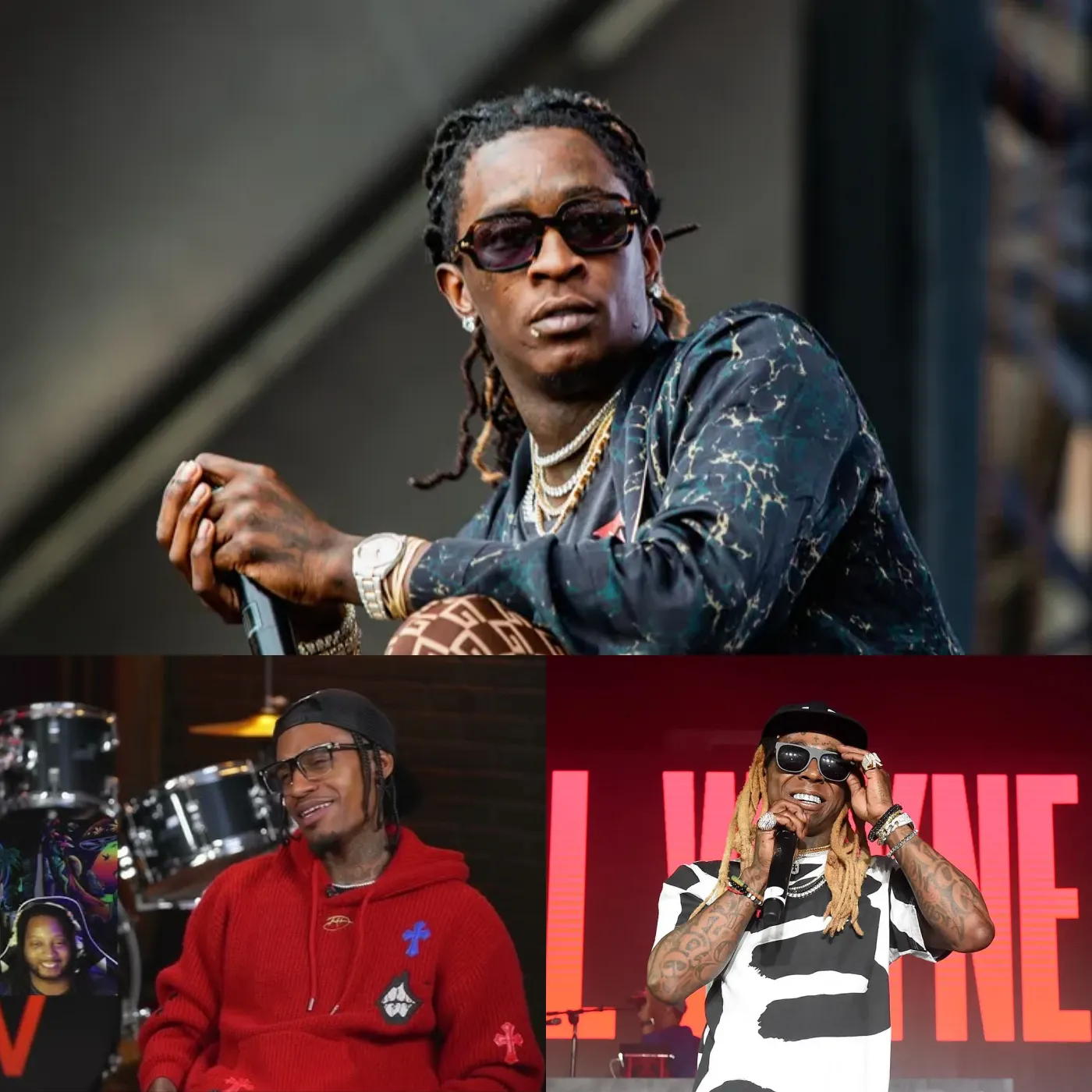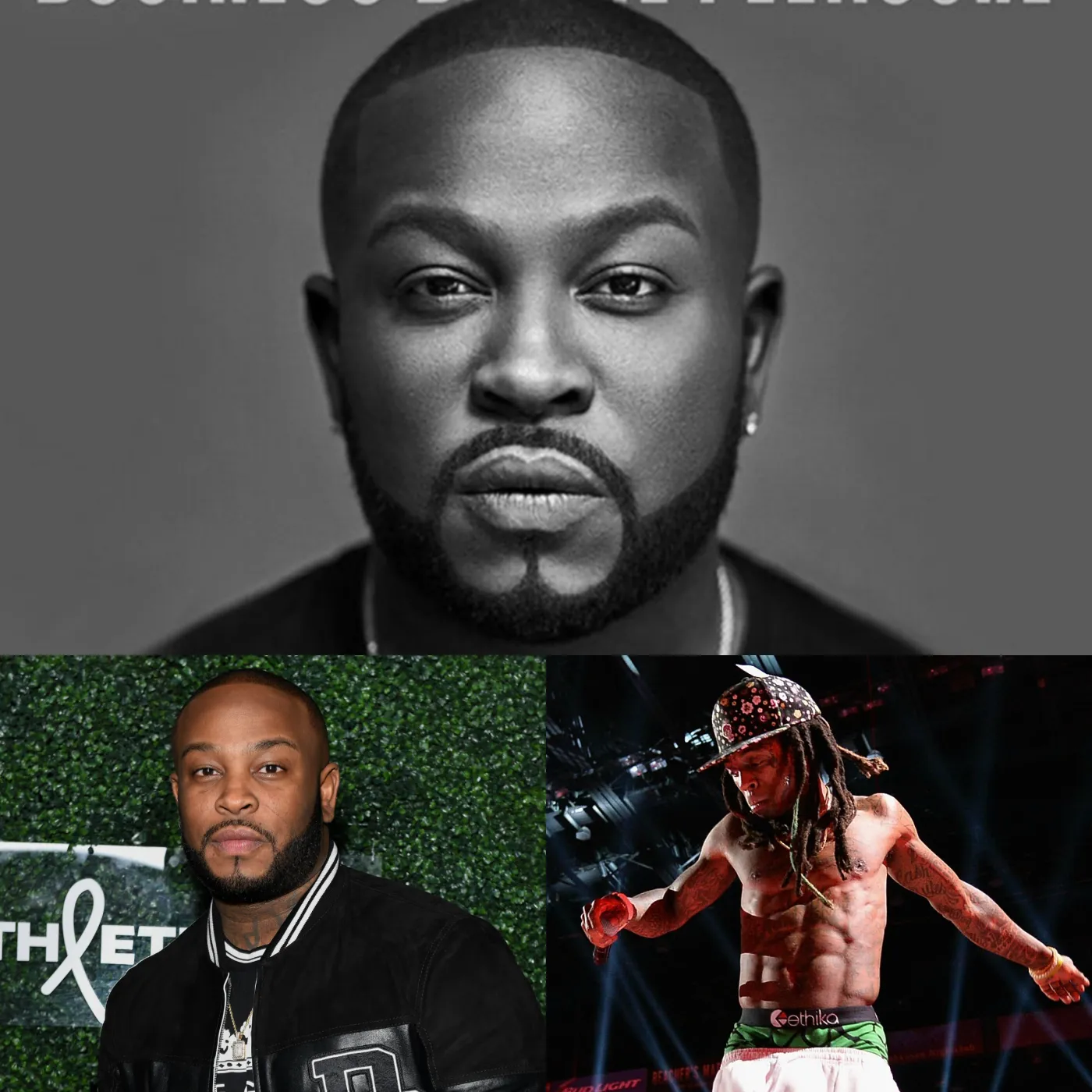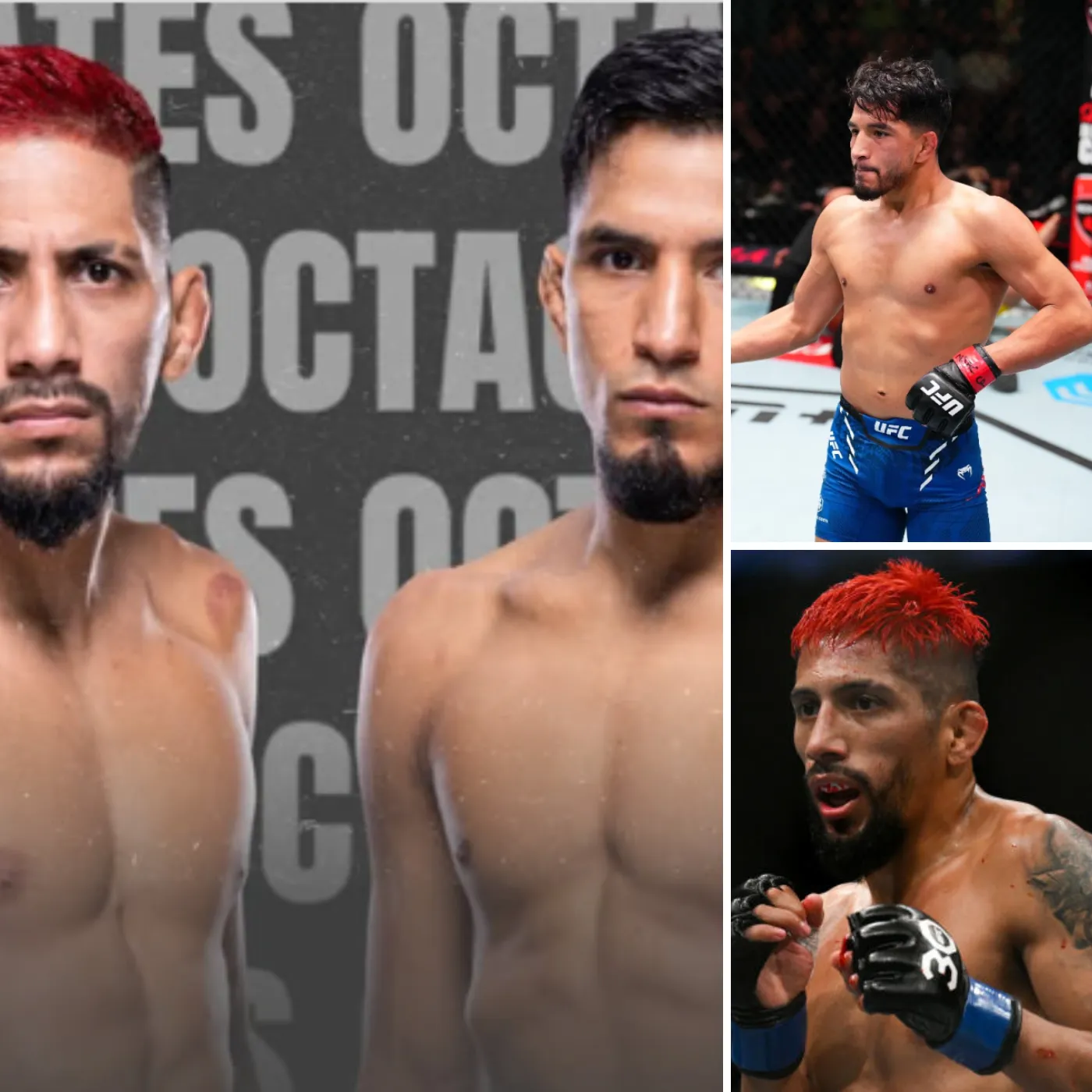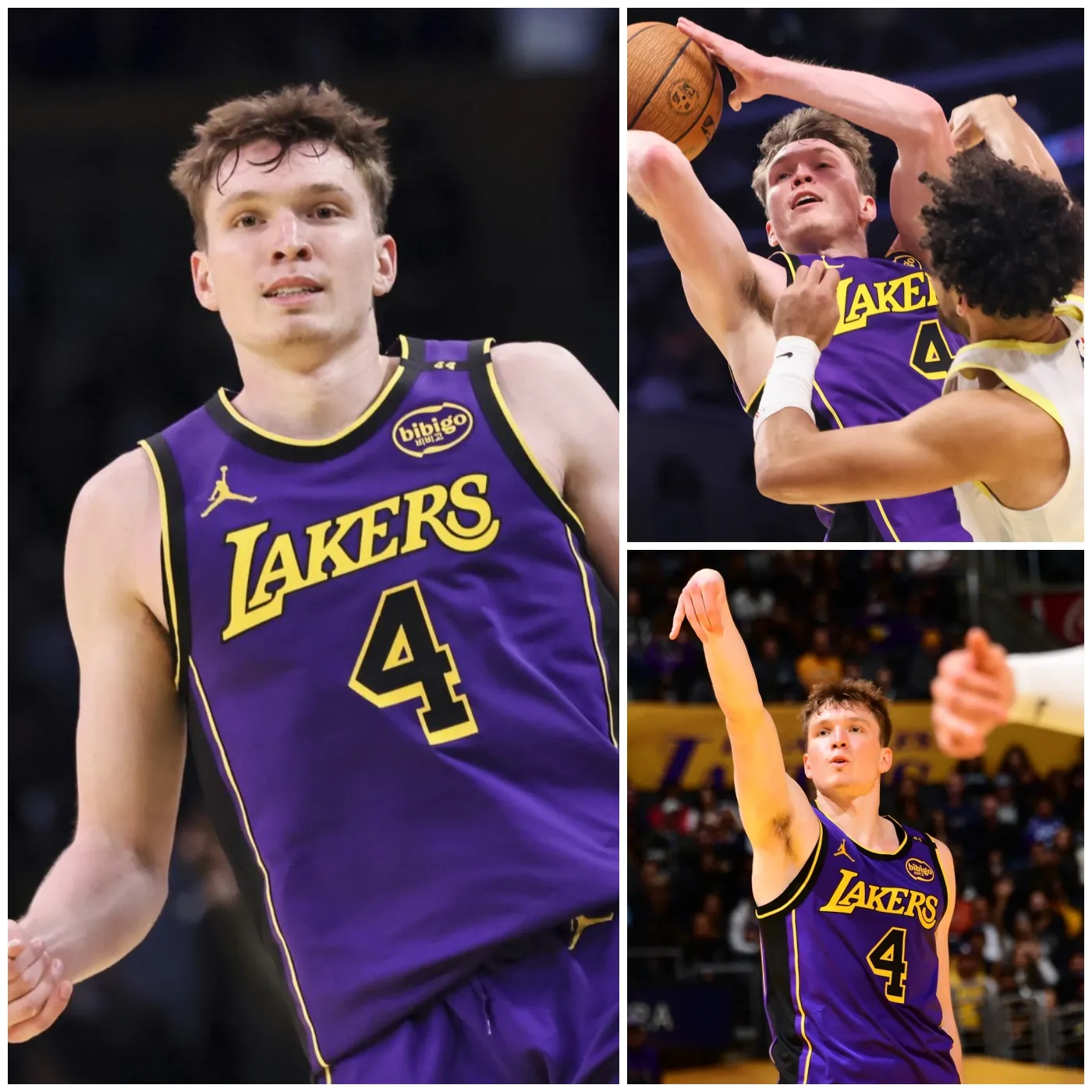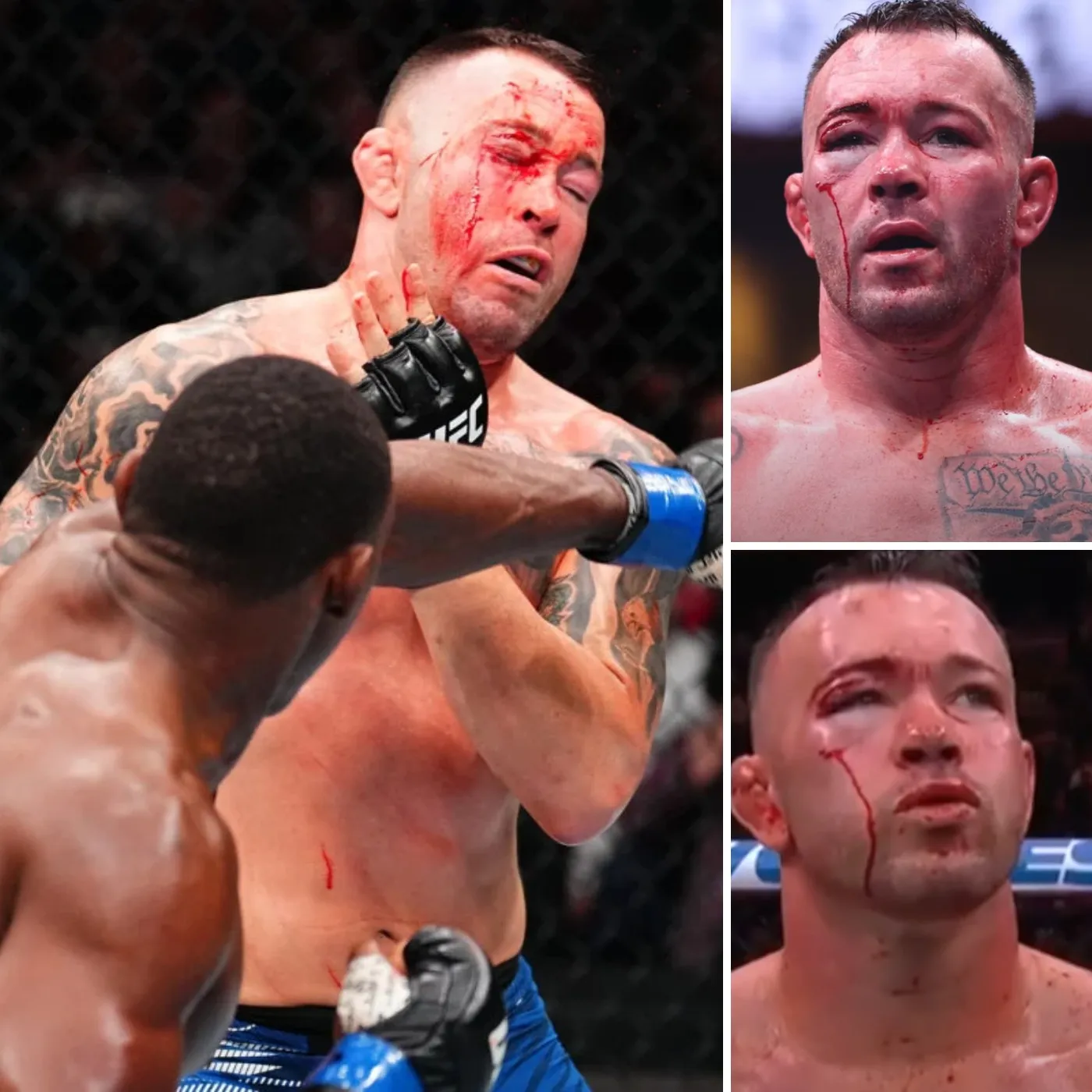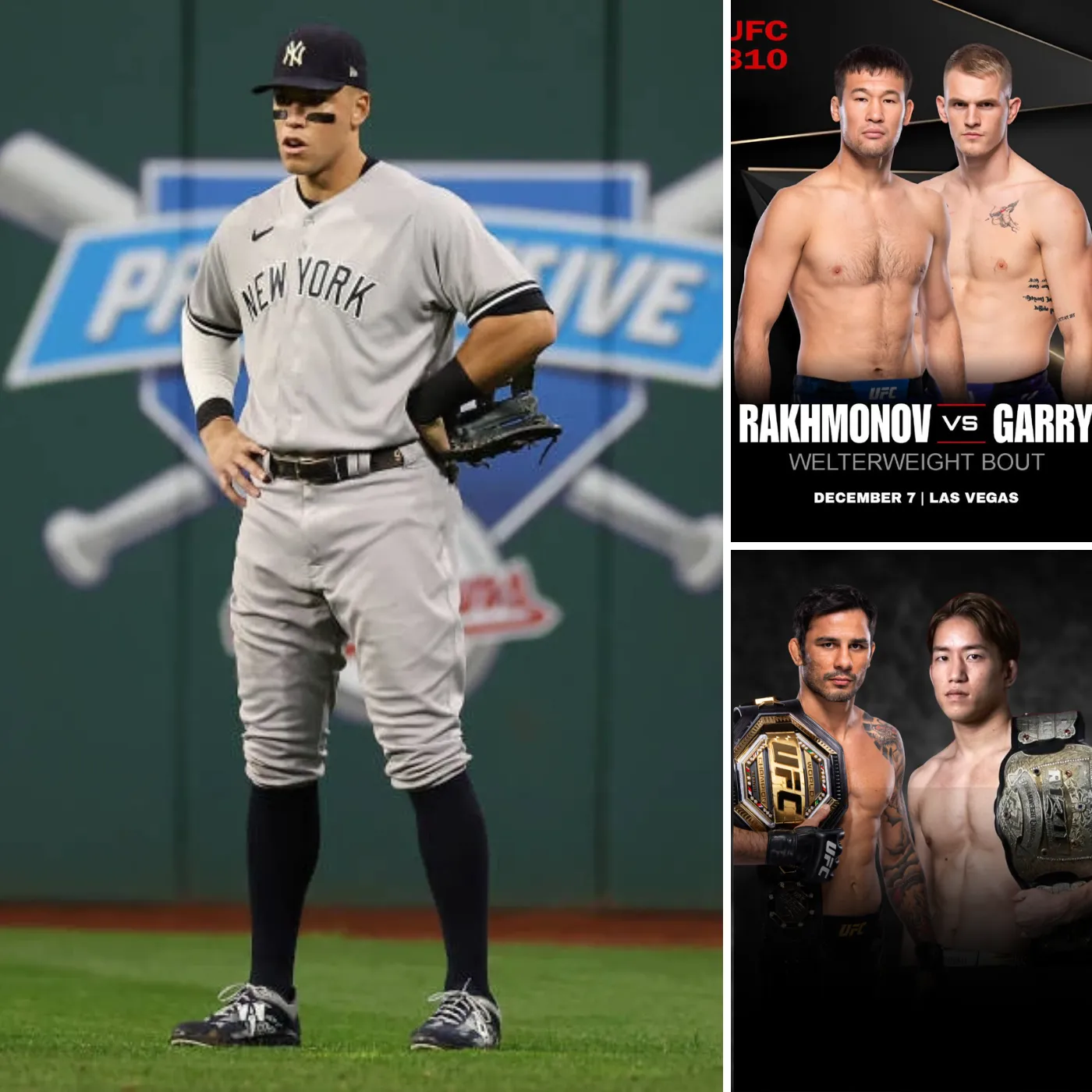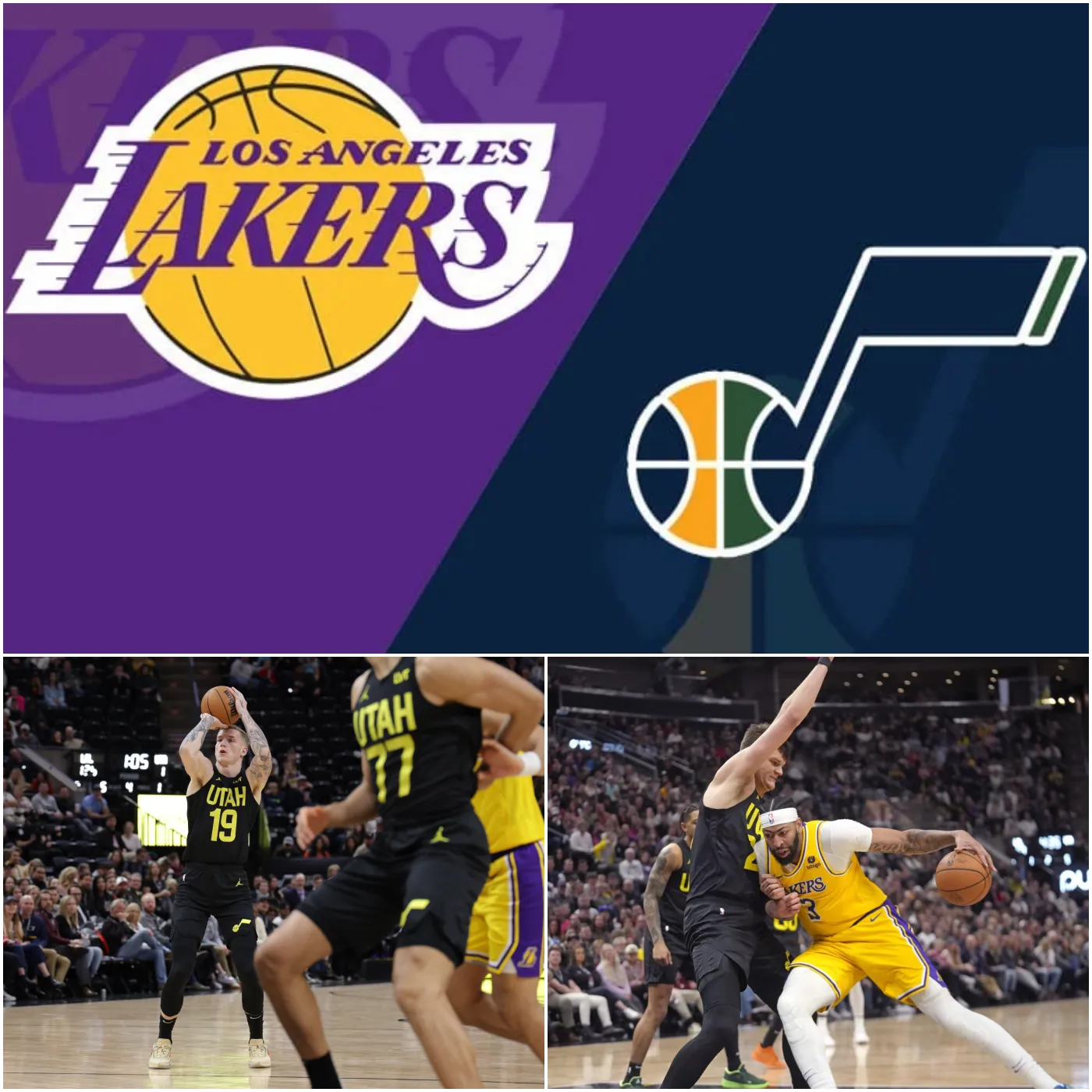The NBA’s OG chatter is a clever smokescreenLeBron, Curry, and Durant use it to mask their fading dominance. Want to know why❓ Check out the full article below in the comments
The NBA’s ‘OG’ Chatter: A Clever Smokescreen for LeBron, Curry, and Durant’s Fading Dominance When LeBron James, Stephen Curry, and Kevin Durant sit down to have their highly anticipated “NBA OGs” conversation this Christmas, many are expecting a masterclass in basketball insight. But what if this so-called “OG” chatter is not about the future of […]
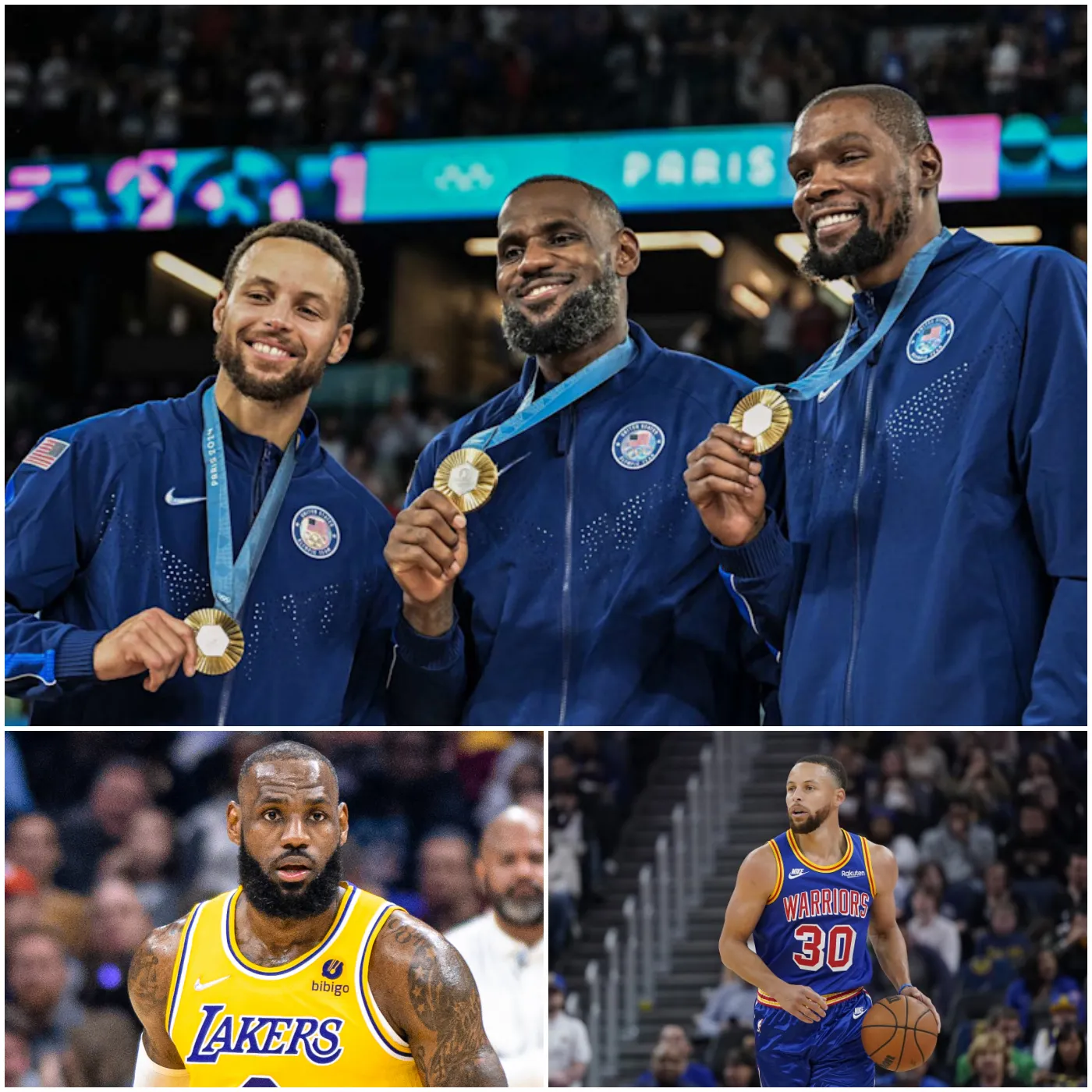
The NBA’s ‘OG’ Chatter: A Clever Smokescreen for LeBron, Curry, and Durant’s Fading Dominance
When LeBron James, Stephen Curry, and Kevin Durant sit down to have their highly anticipated “NBA OGs” conversation this Christmas, many are expecting a masterclass in basketball insight. But what if this so-called “OG” chatter is not about the future of the game at all? What if it’s actually a strategic distraction, a carefully orchestrated attempt to mask the undeniable decline of their dominance in the NBA?
While the conversation will surely be filled with anecdotes of greatness and glory days, there’s a hidden truth behind the “OG” label that the NBA’s most decorated players are desperate to maintain. As the game evolves and younger, faster stars take over, LeBron, Curry, and Durant seem to be clinging to the title of “OG” as a deflecting smokescreen to avoid confronting their diminishing influence.
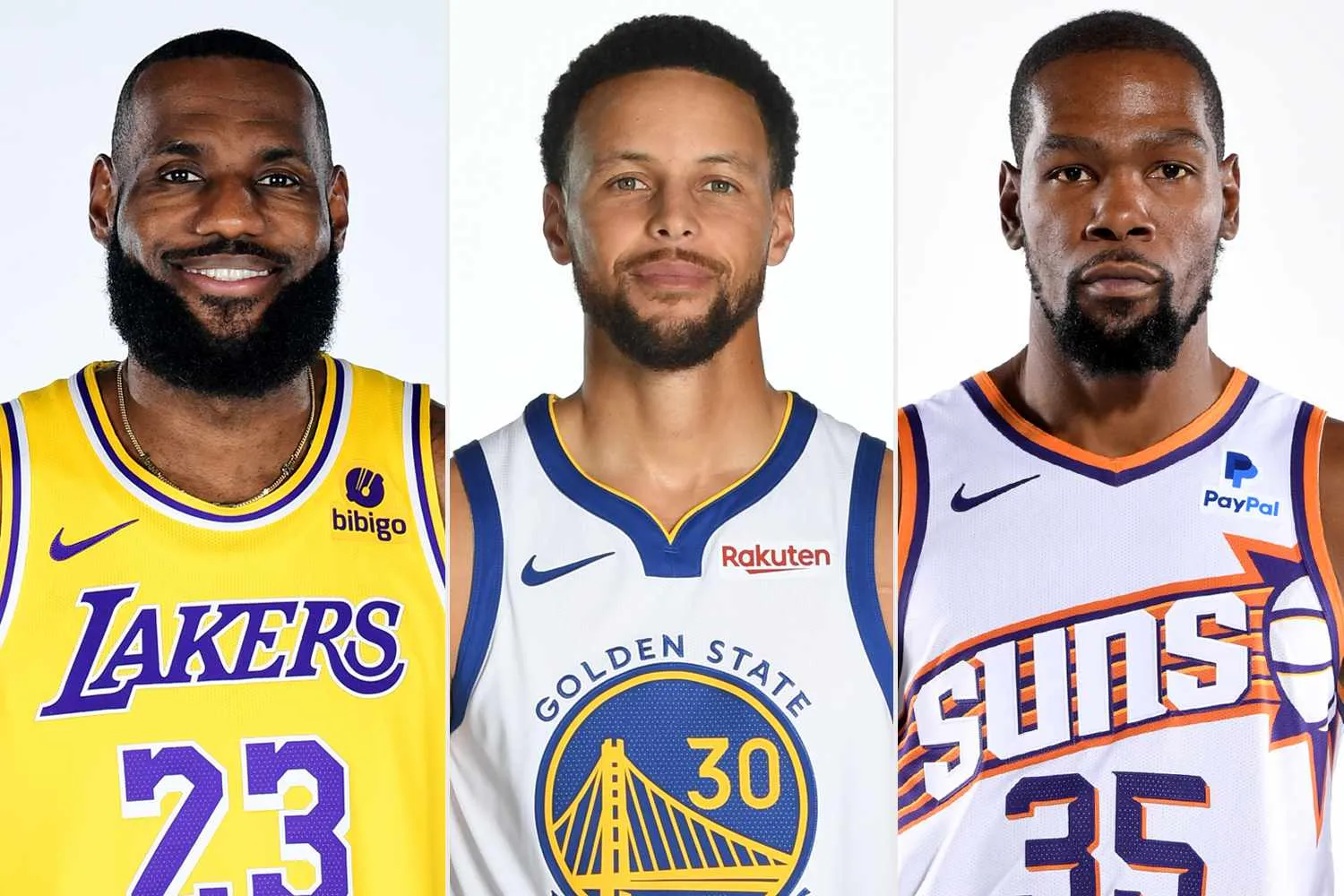
This isn’t just a friendly conversation about the past. It’s an attempt to control the narrative before others do.
The Illusion of Dominance: Why ‘OG’ Is More About Ego Than Legacy
For those who’ve followed the NBA closely, it’s becoming increasingly clear that the league is undergoing a shift. New stars like Luka Dončić, Giannis Antetokounmpo, and Ja Morant are staking their claim as the future faces of the game. The once-unstoppable trio of LeBron, Curry, and Durant, who seemed destined to reign forever, are beginning to feel the weight of their years.
However, don’t expect them to acknowledge that their best days might be behind them. Instead, these three superstars have perfected the art of misdirection—and the “OG” label is their latest weapon. By positioning themselves as the elder statesmen of the NBA, they create an illusion of relevance—a smoke-and-mirrors show designed to deflect attention from the fact that their time at the top may be slipping away.
LeBron, who once dominated the league with his unmatched physical prowess and basketball IQ, now finds himself trying to keep up with the rising stars. While he’s still a force on the court, his performance is nowhere near the all-encompassing dominance he exhibited in his prime. Curry’s three-point revolution has been crucial in reshaping the game, but now, with injuries taking their toll, his ability to carry the Golden State Warriors to championship glory is uncertain. Durant, a player once feared for his unstoppable scoring ability, has faced injuries and struggles with consistency. These three legends know the clock is ticking—and rather than confront the reality of their fading dominance, they’ve opted to distract with the “OG” label.
But why the “OG” chatter? Why the sudden emphasis on their status as legends? The answer lies in the power of perception. By continuing to define themselves as the original gangsters (OGs) of modern NBA basketball, they maintain their brand equity and command respect, even when their on-court performance no longer warrants the same awe it once did. It’s all about legacy control—a defense mechanism in an age when the NBA is shifting focus to its new, younger stars.
The Masking Game: How ‘OG’ Status Obscures Their Decline
Now, let’s be clear: the “OG” conversation isn’t inherently bad. These players have, without question, earned their place in the history of the game. LeBron, Curry, and Durant have revolutionized basketball and set new standards for excellence. But the truth remains that the narrative they’re spinning isn’t just about respecting the past; it’s about keeping the spotlight on them in a world that is quickly moving on.
When these three players gather for their “OGs” conversation, they aren’t just talking about basketball—they’re talking about perception. The NBA media landscape is as much about creating stories as it is about the game itself. LeBron, Curry, and Durant know that if they can sell the narrative that they’re the guardians of the game, the “OGs” who are still relevant, they can continue to command attention, endorsements, and respect—even as their careers start to decline.
By focusing on their “OG” status, these players avoid addressing the uncomfortable truths about their current standings in the league. Instead of acknowledging their limitations, they’ve wrapped themselves in the comforting cloak of being the wise veterans, the “OGs,” who have seen it all, done it all, and are now passing the torch to the next generation. But is that really happening? Are they mentors for the new generation, or are they just trying to hold on to a title that no longer fits?
The truth is, there’s a darker side to the “OG” label. It’s not about offering wisdom to younger players—it’s about preserving a certain level of status in the league. The “OGs” don’t want to be overshadowed, and they certainly don’t want to seem irrelevant. So, what better way to stay in the spotlight than by crafting a narrative where they’re still the leaders, still the ones shaping the future of the game, even as their best days might be behind them?
Are We Really Seeing the End of the ‘Big Three’ Era?
As fans, we’ve grown accustomed to the dominance of LeBron, Curry, and Durant. We’ve seen them go head-to-head in epic playoff series, and they’ve each earned their place as modern-day legends. But if you look closely, the game is changing. The emergence of new talent, combined with injuries and changing playing styles, means that the “Big Three” era is coming to an end.
The NBA’s evolution is inevitable, and no matter how much LeBron, Curry, and Durant want to hold on to their place at the top, the reality is that their era is fading. And that’s where the “OG” chatter becomes so important. It’s not about celebrating the past—it’s about holding on to the present.
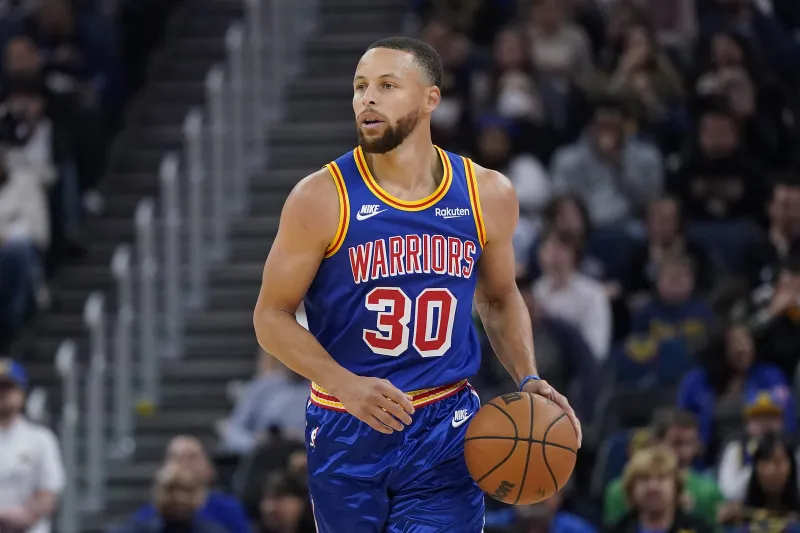
But this raises the question: How much longer can these three players use the “OG” card before fans and analysts start calling them out for clinging to relevance? As the next wave of talent comes crashing in—players like Luka Dončić and Giannis Antetokounmpo are already making their mark—LeBron, Curry, and Durant will need to decide whether they truly want to be mentors for the future or if they’re simply trying to mask their decline with a title that doesn’t really fit anymore.
The “OG” Smokescreen Will Only Hold for So Long
While LeBron, Curry, and Durant may still be able to command respect and admiration as “OGs” for now, the truth is that their place at the top of the NBA is no longer guaranteed. The “OG” chatter is a clever distraction, a way to control the narrative and mask their fading dominance.
But the new generation of players isn’t waiting for them to pass the torch. The NBA is evolving, and as much as these three may want to hold on to their past glory, the future will not wait. The question is, how long will they be able to use their “OG” status as a smokescreen for their decline before they’re forced to face the truth?
